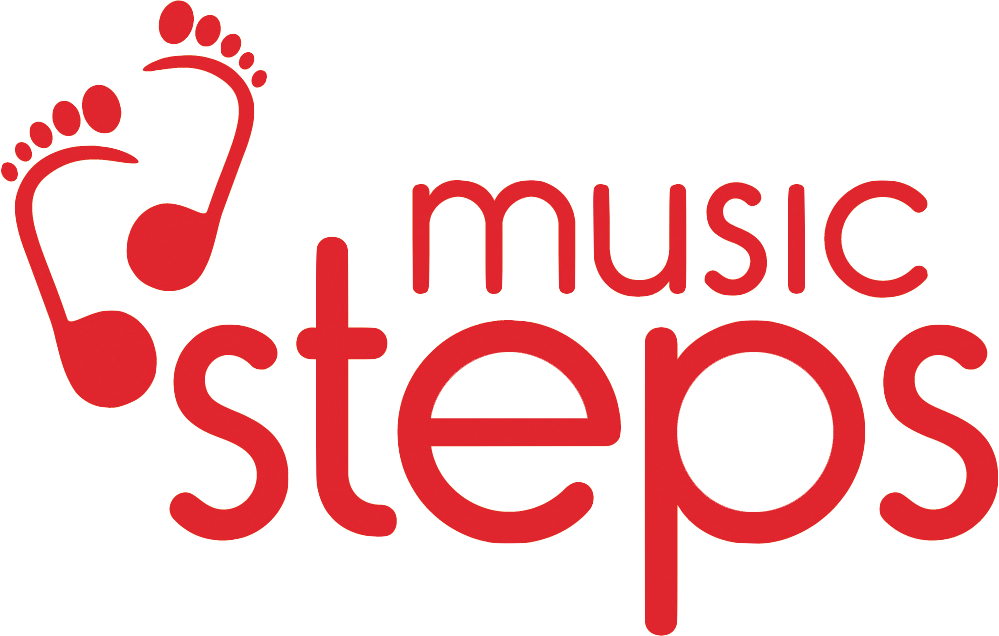Phenomenal Musician's Brain - Smarter, Happier, Healthier Part 2
The effects music has on us has always been a point of fascination and intense study in science. After all, music is so unique in how contradictory it appears: it connects us to raw, primitive emotions all whilst enhancing our cognitive abilities. This powerful combination acts as a full exercise for the brain, and has positive results on musician’s cognitive functions and wellbeing.
Language is Sound
Naturally, musicians are skilled at differentiating between pitch, tone, and other aspects of sound. It comes as no surprise that musicians are shown to learn new languages more easily and quickly than average. Other tests done on groups of children show equally amazing results. In the study, a list of words was read to the group of children, and those who engaged in musical activities remembered 20% more vocabulary than the other children.
This verbal recall is evident and advantageous in other areas too. Musicians are far better at remembering what they have heard from speeches and classes, and this helps them excel academically and socially.
Masters of Memory
One of the most powerful ways in which music can alter the brain is by improving the memory. Musicians do not only have stronger memories; but also have an entirely unique memory process when compared to the less musically inclined. The way in which musicians create, store, and recall memories is truly astounding, and actually helps prevent a decline in cognitive function later in life.
As a matter of fact, music therapy is very effective in helping patients with Alzheimer’s.
Based on the extent of our research so far, there is no other activity that exercises the brain as completely as music does. Of course, any activity – whether physical, cognitive, or creative – will strengthen the brain and improve wellbeing. However, when neuroscientists scan the brain’s response to different tasks, playing an instrument far exceeds all other activities. This is because musical tasks stimulate the entire brain whereas other activities only “light up” certain areas of the brain.
On a final note, these extraordinary cognitive changes can happen (in varying amounts) whether you play an instrument recreationally or professionally. It also does not matter if you play as a child and then later stop, as the benefits are long-lasting. Best of all, it is never too late to learn an instrument to sharpen your mind and improve your general wellbeing.


